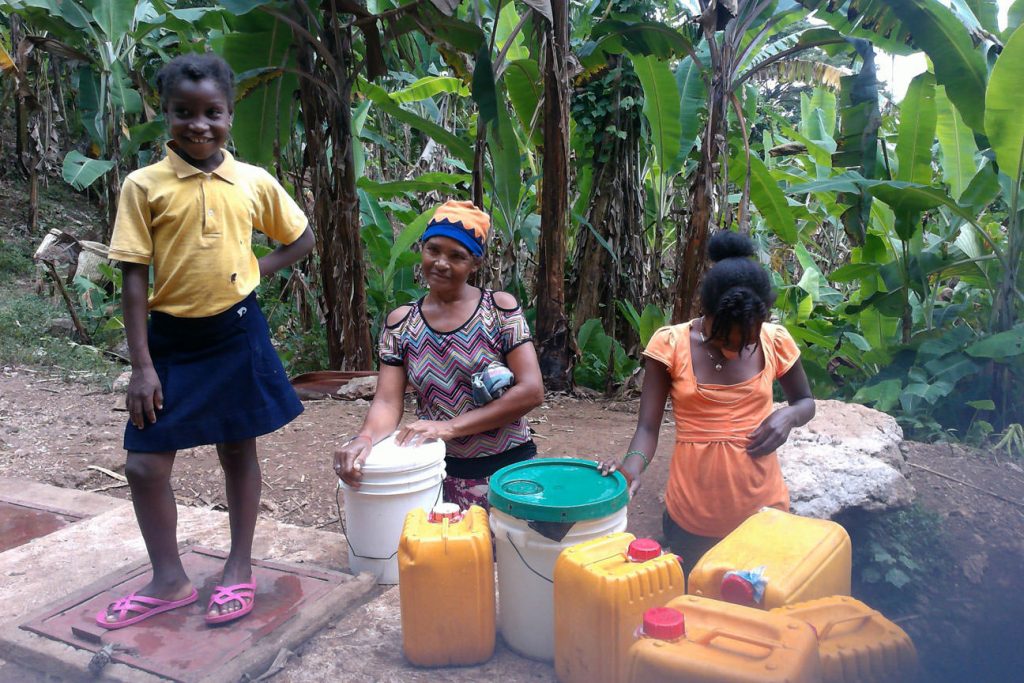

During our annual mission trips to Haiti we develop a deep connection to the communities and witness the day to day joys and hardships of families. The lack of access to water is one of the most urgent and evident needs that currently exist. Based on observation and experience we could estimate that much of the population in Haiti have limited access to water. The availability of clean water is a necessity that is met for most western countries. However, around the world in developing countries like Haiti, many living in rural areas are unable to access this essential resource. There have been dozens of questions asked while seeking a solution to this problem. Questions such as: What can we do? Who can we ask? What are the effects of the lack of this day to day necessity? Why is there lack of water in Haiti? One of those questions reigned supreme. How will we help?

Our prayer has been answered. The Dan Tribal Family of The People’s Community Baptist Church located in Silver Spring Maryland has sponsored our organization by donating funds to drill a fresh-water well. This well will supply clean, running water and support the daily living needs of an entire village. During one of our visits in 2016 it was reported that many villagers had become ill and acquired life-threatening diseases stemming from impure drinking water sources and use which is collected from ponds and canals–the same water used for bathing, laundry, and watering cattle. Why the lack of water supply in Haiti, one might ask? First, there is no infrastructure for delivery of water consistently to each community. Second, Haitians who live in the countryside generally get this source through piped water systems with standpipes or water points with hand pumps, however a substantial portion of these systems are not operational, because of a lack of funds for operation and maintenance.

By providing this fresh water well resource, the People’s Community Baptist Church has gifted and blessed hundreds of families and communities beyond measure. In addition to giving access to something no one can live without, water projects such as this aims to save lives by preventing cholera and waterborne diseases in high prevalence zones, and strengthen the capacity of local agencies to deliver water access in remote areas.
Each time a villager draws clean drinking water because of this contribution, they will remember that someone cared enough to reach and provide this lifesaving gift.

